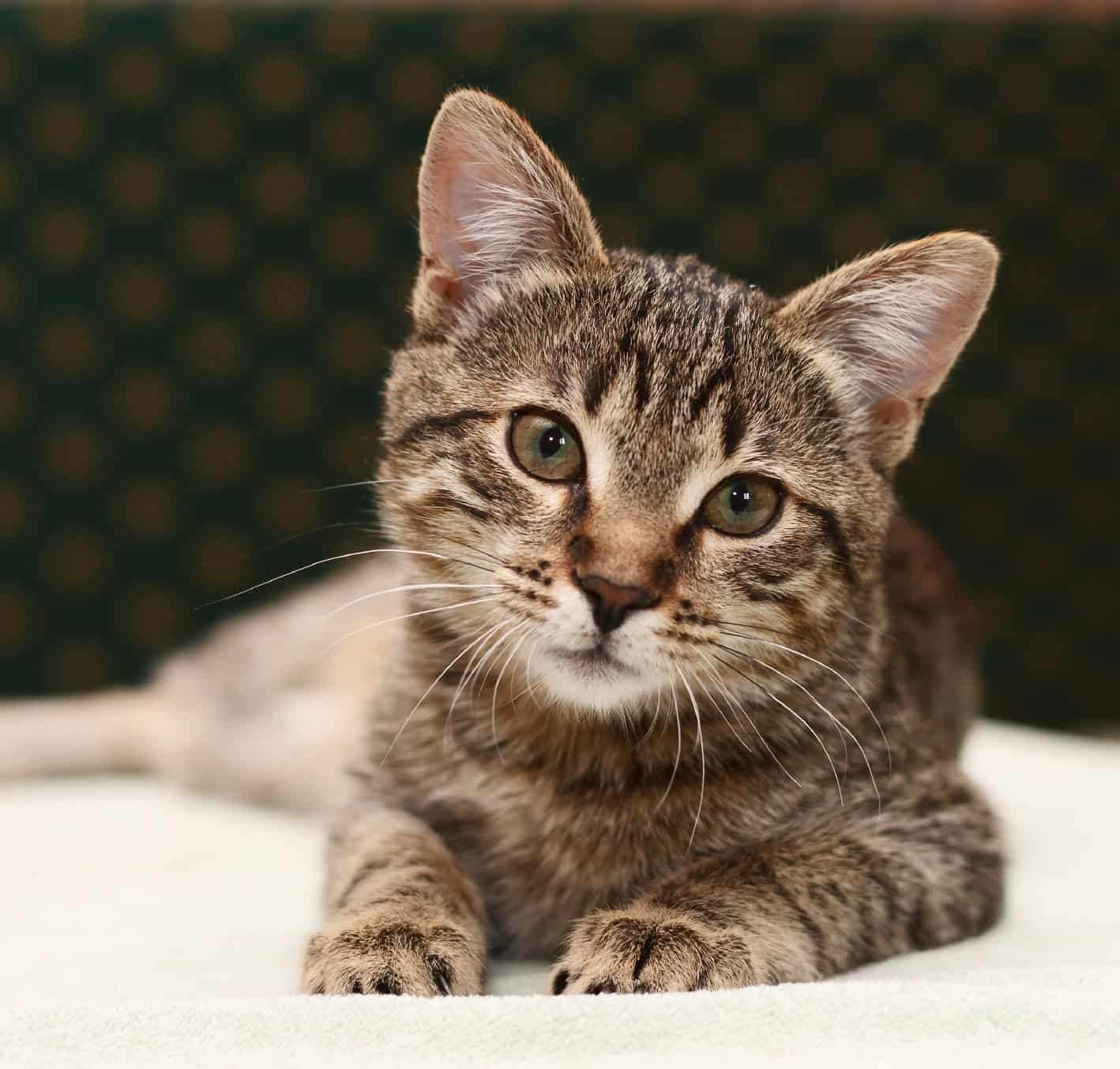The Coughing Kitty: Is it More Than a Hairball?
 Very few of us feline fanciers get away with not cleaning up a hairball or two (or two hundred) in our lifetime. You can hear it a mile away, that low hack that comes from the living room or on our bed with that fancy new quilt we just purchased… While it is easy to assume the common hairball is the cause of a kitty cough, it may instead be a persistent cough or frequent vomiting that can indicate underlying health issues.
Very few of us feline fanciers get away with not cleaning up a hairball or two (or two hundred) in our lifetime. You can hear it a mile away, that low hack that comes from the living room or on our bed with that fancy new quilt we just purchased… While it is easy to assume the common hairball is the cause of a kitty cough, it may instead be a persistent cough or frequent vomiting that can indicate underlying health issues.
There are numerous reasons for our cat to cough, sneeze, or vomit. Certainly, determining factors such as frequency, duration, recent exposure to boarding facilities or other animals, and overall health need to be considered before assuming it is a simple matter.
The Dreaded Hairball
In many cases, hairballs will cause coughing or hacking and will result in an obvious mess on the floor. To help your cat – and particularly, your long-haired feline – avoid ingesting hairballs, keep him or her well-groomed by brushing your cat once a day.
Asthma and Allergies
Cats, like humans, can be allergic to many noxious and benign substances, not limited to perfumes, food, mold, mildew, pollen, cleaning products, and cigarette smoke. Symptoms can include sneezing, itchy, runny eyes, increased scratching, and even the occasional kitty cough.
Bordetella or “Kennel Cough”
When we think of kennel cough, we often assume it only affects dogs. However, cats can also develop symptoms from being exposed to this airborne bacterial microorganism. If you have recently boarded your cat and have noticed an increase in nasal and ocular discharge plus decreased appetite, your kitty may be suffering from bordetella.
Upper Respiratory Tract Infection
Often lumped into a category simply known as “cat flu”, these respiratory illnesses can cause sneezing, coughing, lethargy, and other symptoms in your cat. These diseases include feline herpes virus (FHV), feline calicivirus (FCV), feline reovirus, and feline chlamydophila. If you haven’t had your friend vaccinated or are behind on his or her booster schedule, please make an appointment to vaccinate your cat and protect him or her from numerous highly-contagious diseases.
Vomiting
Most pets vomit on occasion, particularly after ingesting fur or grass. But, if your pet has episodes of repeated vomiting, it is important to bring your cat in for a complete examination and diagnosis. Symptoms of a more serious health issue include: frequent vomiting, diarrhea, lethargy, blood in vomit or stool, and changes in appetite or water intake.
If your feline has recently developed any of the symptoms mentioned above, phone us today to schedule an examination. Put your mind at ease and help protect your best friend through the assurance of a thorough wellness check-up and diagnosis.

